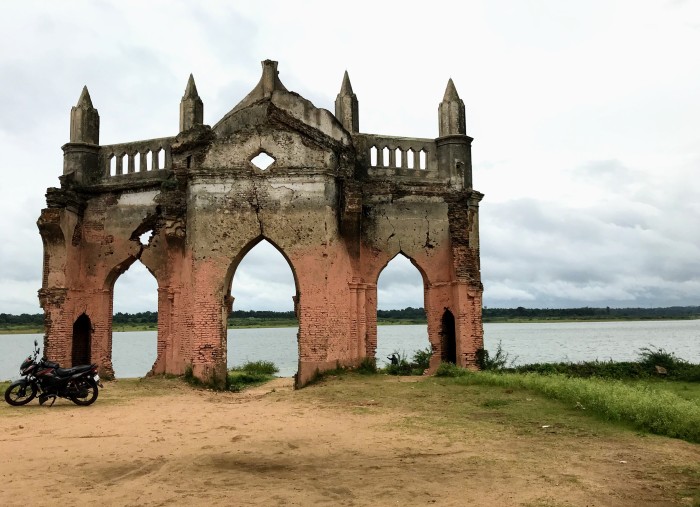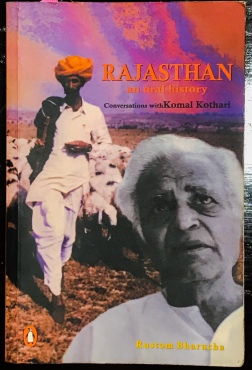Most people have to deal with some kind of clutter in their homes — clothes, shoes, kitchen implements, artifacts, etc. I’m no different with my clutter arising from books. One might wonder why a book lover like me would call books clutter, but I would urge you to read on and see what I did after years of struggling to manage the vast book collection I have in my small apartment in Mumbai (and in my office space as well!).
I can’t remember when I started collecting books, but I do know that it began with a set of Amar Chitra Katha comics, which I still have ! My book collection grew slowly over the years, but really took off (or exploded as my oldest brother likes to say wryly), when I started working in 1993. For the first time I had unlimited money (or so it seemed at that time) to buy all the books I wanted. Of course, reality intruded but I was still happy that I had buying power.
And so the book collection expanded filling bookshelves, sharing space with my clothes, getting stuffed in the loft space, and even getting stored in the kitchen ! Also, since I didn’t have enough space at home I started keeping books in my office as well.
In an ideal world, a house or a workspace overflowing with books would have been considered charming, even romantic. I thought so too, till an overloaded bookshelf at home collapsed one day, missing my right foot by mere inches. Out of fear from other bookshelves meeting with the same fate, I decided that something had to be done. That something being discarding/giving away books that I didn’t need/like any more and lightening the shelves. For the first time, my book collection did not give me the usual feeling of joy or pride; instead, what I felt was claustrophobia.
That was the impetus for Project Declutter Bookshelves. This was in 2014.
Continue reading “The art of decluttering and joy of giving books” →







 Fence by
Fence by
